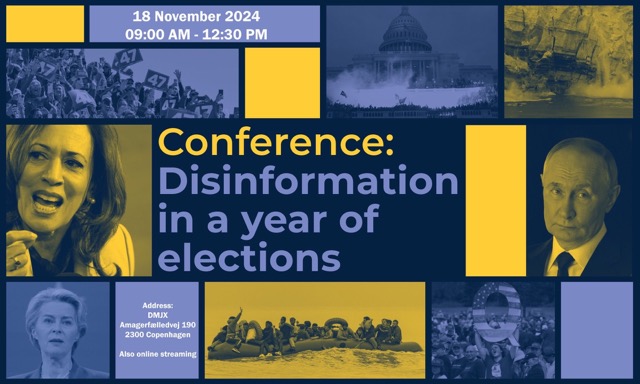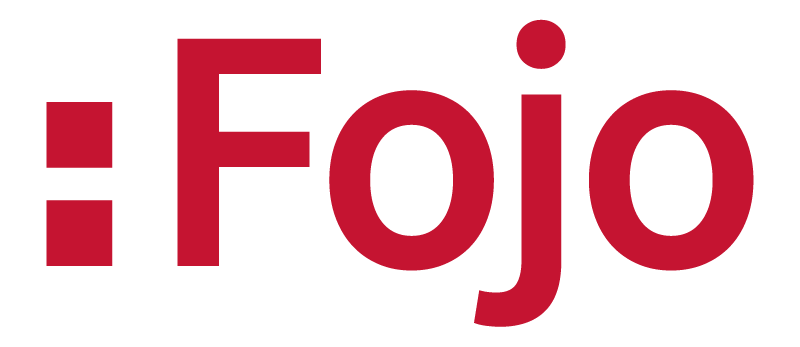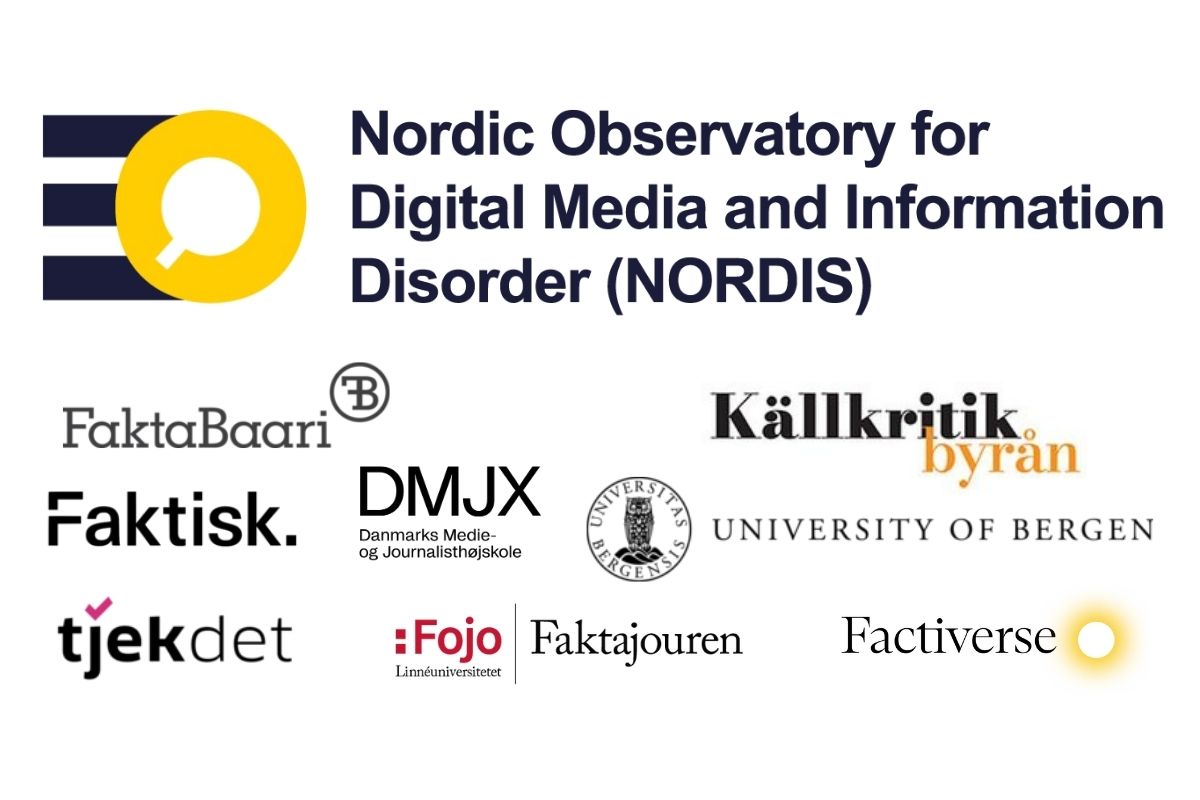Fojo Media Institute is proud to be part of the Nordic Observatory for Digital Media and Information Disorder (NORDIS) – a key regional hub of the European Digital Media Observatory (EDMO). NORDIS is an independent, non-partisan initiative focused on identifying, researching and addressing the critical sources of information disorder across the Nordic region.
– For Fojo it is of huge importance to be at the forefront of technological and conceptual developments to fight disinformation. We need to open up and create spaces where learning between data experts, fact-checkers and journalists is enabled. Collaboration within NORDIS will contribute towards the development of journalistic skills development in order to build even more resilience into the Nordic media system, said Andreas Önnerfors from Fojo’s Faktajouren at the launch of NORDIS at the Danish School of Journalism (DMJX) in Copenhagen on Monday the 18th of November.
Through collaboration with universities, media organisations and fact-checking bodies, NORDIS aims to combat the spread of misinformation, disinformation and other harmful online content. As a partner to NORDIS, our work within the hub prioritises empowering citizens in Northern Europe with tools to enhance their media literacy, enabling them to critically evaluate the information they encounter.
Through NORDIS Fojo is committed to:
- Developing theories, practices and models to mitigate digital information disorders,
- Supporting civil society, public institutions and the private sector with actionable recommendations to build resilience against disinformation,
- Strengthening public trust by fostering a healthier information ecosystem.

Launch Event: Disinformation in a year of elections
The launch conference, titled “Disinformation in a year of elections”, brought together leading voices in journalism, research and technology; the Nordic universities DMJX (Denmark), the University of Bergen (Norway), Fojo Media Institute at Linnaeus University (Sweden) and the fact-checking organisations TjekDet (Denmark), Faktisk.no (Norway), Faktabaari (Finland) and Källkritikbyrån (Sweden).
Co-funded by the EU, the regional hub aims to lead the fight against disinformation through rigorous research, journalistic fact-checking and educational outreach.
Among the speakers at the conference were Tobias Bornebakke from Copenhagen University, who presented his research on monitoring Russian influence attempts during the EU elections. He highlighted the evolving nature of Russian disinformation tactics and explained that unlike earlier assumptions of coordinated campaigns with direct origins, Russian influence now operates through more covert and unpredictable methods.
Fact-checking organisations with the required expertise are more important than ever in the current landscape, and should collaborate closely with media outlets to issue warnings about suspicious stories that might be linked to Russian influence. He also suggested that media houses need dedicated journalists trained specifically to detect and report on infiltration tactics and that stronger cooperation between journalists and fact-checkers is essential for building resilience against sophisticated disinformation efforts. Read more about Fojos Faktajouren here and about our courses in fact-checking for professional journalists here (in Swedish).
Tommaso Canetta, coordinator of fact-checking activities at EDMO, presented results from EDMO’s Taskforce on 2024 European Elections, emphasising the relentless nature of disinformation; it is not limited to election cycles but rather an “endless hammering” that steadily shapes public opinion over time.
Combating disinformation effectively requires continuous effort to maintain a clean information space, rather than focusing solely on major events such as elections. Long-term vigilance and proactive measures are vital to protecting democratic discourse.
Gaute Kokkvoll, Head of Product at Factiverse, showcased innovative solutions for real-time fact-checking, including tools for analysing claims during live debates on platforms like YouTube. Factiverse’s AI tools are capable of detecting claims in real time, providing journalists and audiences with possibilities of immediate verification. The technology underscores the importance of equipping media professionals with cutting-edge tools to combat falsehoods in an ever-evolving digital landscape.
Key take-aways from the launch conference:
- Disinformation is more about a constant trickle of influence than targeted campaigns.
- While debunking and fact-checking are important, the most impactful long-term strategy is media literacy education, equipping citizens to critically evaluate information.
- Building resilience against obscure and diffuse influence is crucial in this age of complex and subtle disinformation tactics.
There is an urgent need for collaboration across journalism, research and technology sectors to create an informed and resilient public. The discussions held during the conference reaffirmed that combating disinformation is a shared responsibility that requires both innovative tools and empowered citizens.
Stay engaged with NORDIS to be part of this critical mission.
🔗 Learn more: www.nordishub.eu
We look forward to building a more informed and resilient Nordic region together with our partners.



